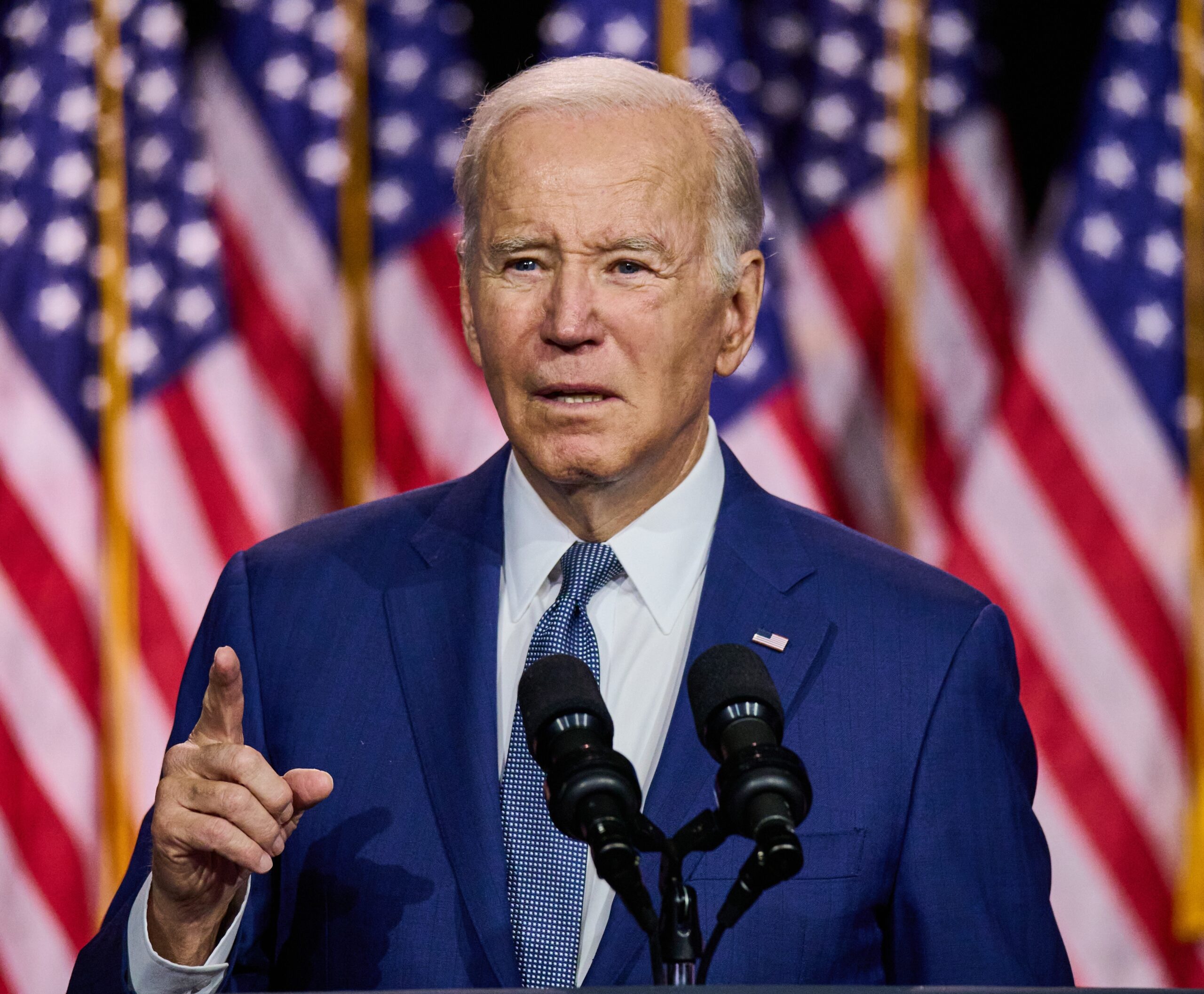Key Insights:
- President Biden vows to veto a resolution challenging the SEC’s crypto regulation, highlighting the need for stringent oversight for investor protection and financial stability.
- House debates over H.J.Res. 109 reveal stark partisan divides on cryptocurrency regulation, with significant support despite a presidential veto threat.
- SEC’s SAB 121 remains contentious. Critics argue it deters banks from handling crypto, while supporters emphasize its necessity for market transparency.
President Joe Biden has announced his intention to veto a joint resolution from the U.S. House of Representatives aimed at overturning a Securities and Exchange Commission (SEC) policy affecting cryptocurrency regulation. The resolution, H.J.Res. 109, seeks to nullify the SEC’s Staff Accounting Bulletin (SAB) No. 121, which mandates that banks holding customers’ digital assets must account for them on their balance sheets, requiring capital to be maintained against these holdings.
In a statement issued on May 8, the White House expressed strong opposition to the resolution, arguing that it would hinder the SEC’s efforts to protect investors in the crypto-asset markets and ensure the stability of the broader financial system. The Biden administration emphasized that SAB 121 was introduced in response to the technological, legal, and regulatory risks that have led to substantial consumer losses in the past.
House Debate on the Resolution
The debate over H.J.Res. 109 saw strong opinions from both Democratic and Republican leaders on the House Financial Services Committee. Representative Patrick McHenry, a Republican, advocated for the resolution, stating that SAB 121 unjustly allows the SEC to dictate how financial institutions should safeguard Americans’ digital assets. McHenry emphasized that banks, being highly regulated entities, are well-suited to manage these assets safely and securely.
Conversely, Representative Maxine Waters, a Democrat and the committee’s ranking member, opposed the resolution. She argued that the SEC’s accounting rule promotes greater transparency in the digital asset space, helping to prevent fraud and mishandling of crypto assets. Waters described the resolution as a harmful, partisan effort that undermines necessary regulatory measures.
Congressional and Regulatory Context
The House initially appeared to pass H.J.Res. 109 by voice vote, but Representative McHenry called for a recorded vote, postponing further proceedings. The resolution to override a presidential veto would require a two-thirds majority vote in both the House and Senate, which is a challenging threshold to meet.
SAB 121 has been a point of contention since its introduction, facing criticism from digital asset businesses and some lawmakers. The bulletin’s requirement for banks to include customers’ digital assets on their balance sheets has been described as a potential deterrent to banks handling crypto customers due to the associated capital expenses. Representative Mike Flood, who sponsored the resolution, criticized the SEC for not consulting with banking regulators and for overstepping its authority.
White House Stance on Financial Regulation
The Biden administration has defended SAB 121, stating that it was issued to address the unique risks and uncertainties of cryptocurrencies. The administration argued that overturning the bulletin would restrict the SEC’s ability to maintain a robust regulatory framework for crypto assets, potentially leading to financial instability and market uncertainty.
Despite the president’s veto threat, the House vote showed substantial support for the resolution, including backing from 21 Democrats. The resolution’s proponents argue that SAB 121 represents a major deviation from traditional asset treatment rules and undermines the rulemaking process by ignoring input from other regulatory agencies.
Broader Implications for Crypto Regulation
The SEC’s approach to cryptocurrency regulation, particularly under Chair Gary Gensler, has been a focal point of criticism and debate. Critics like Representative Flood accuse Gensler of using staff guidance to impose stringent regulations on the digital asset industry without undergoing a full rulemaking process. A Government Accountability Office (GAO) review of SAB 121 concluded that the SEC should have treated it as a rule, requiring public comments and Congressional submission.
Senator Cynthia Lummis is pushing for a matching resolution in the Senate, which would be necessary for the joint resolution to reach the president’s desk. If the resolution were to pass, it would not only nullify SAB 121 but also prevent the SEC from issuing similar guidance in the future.
The debate over SAB 121 and the broader issue of cryptocurrency regulation underscores the ongoing tension between regulatory efforts and the digital asset industry’s growth. The outcome of this resolution could have far-reaching consequences for how cryptocurrencies are managed and regulated in the United States.
Editorial credit: Paul Froggatt / Shutterstock.com
